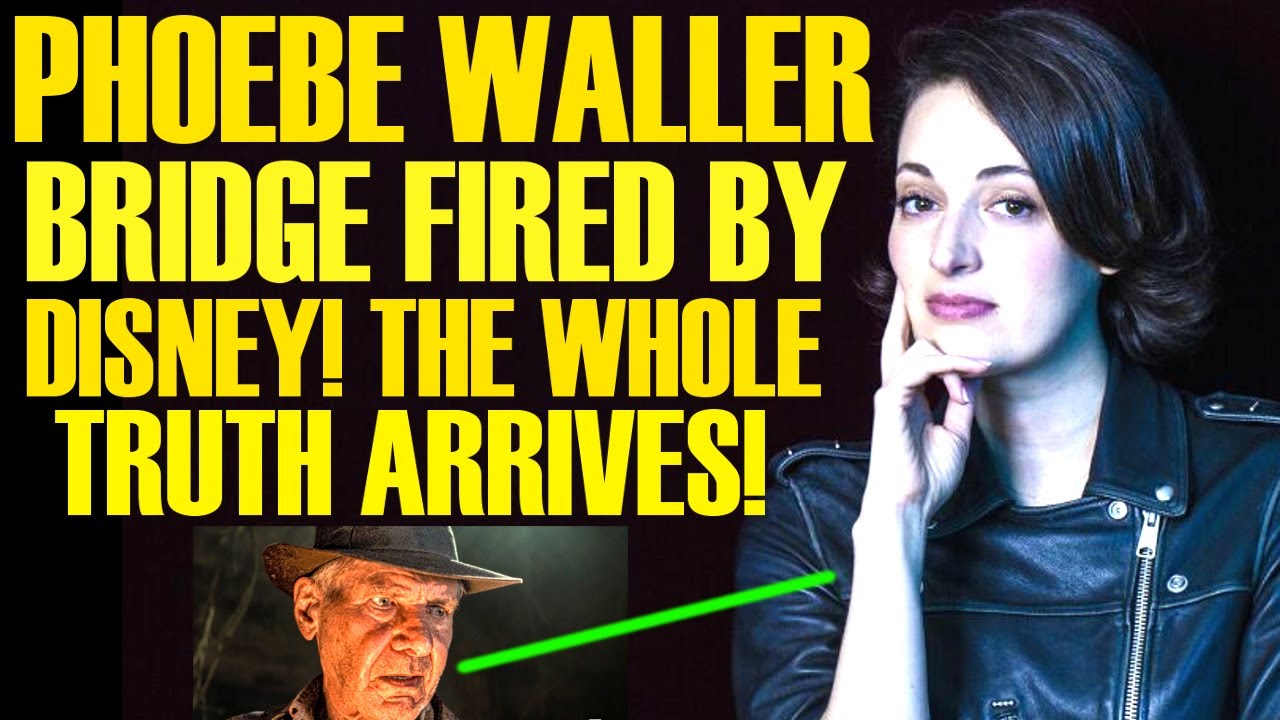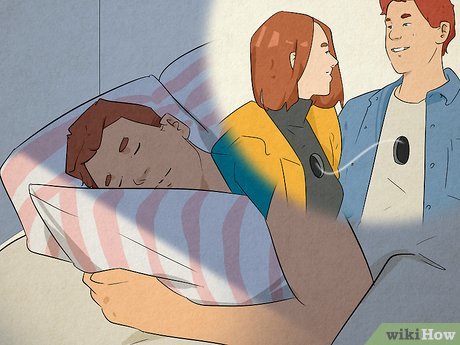Phoebe Waller-Bridge Fired by Disney

In a shocking turn of events, Phoebe Waller-Bridge, the acclaimed writer, actress, and creator behind hits like “Fleabag” and “Killing Eve,” finds herself at the center of controversy yet again. This time, the spotlight isn’t for her groundbreaking work but for her unexpected departure from a highly anticipated Disney project. The news of Waller-Bridge’s firing from Disney has sent shockwaves through Hollywood and left fans wondering: What went wrong?
Waller-Bridge’s rise to prominence in the entertainment industry has been nothing short of meteoric. With her razor-sharp wit, keen insights into human nature, and penchant for creating complex, flawed yet endearing characters, she quickly became a force to be reckoned with. “Fleabag,” her dark comedy series, won widespread critical acclaim and a multitude of awards, including multiple Emmys and Golden Globes. Meanwhile, her work on “Killing Eve” helped redefine the spy thriller genre, earning her even more accolades and cementing her status as one of the most sought-after talents in television.
Given her track record of success, it came as no surprise when Disney announced that Waller-Bridge would be joining the Star Wars universe. Fans were ecstatic at the prospect of her bringing her signature blend of wit and depth to a galaxy far, far away. She was set to co-star alongside Donald Glover in a series centered around the beloved character Lando Calrissian, promising a fresh take on the iconic role. However, the excitement was short-lived as reports emerged that Waller-Bridge had been abruptly let go from the project.
The news of Waller-Bridge’s firing sent shockwaves through the industry, prompting speculation and rumors about the reasons behind Disney’s decision. Initial reports cited creative differences between Waller-Bridge and the studio, with sources suggesting that she clashed with executives over the direction of the series. Some insiders hinted at tensions over the tone and humor of the show, with Waller-Bridge pushing for a darker, more irreverent approach that may have clashed with Disney’s family-friendly image.
However, as details began to emerge, it became clear that there was more to the story than simple creative disagreements. Reports surfaced alleging that Waller-Bridge’s departure was linked to concerns over her behavior on set. Anonymous sources claimed that she had clashed with crew members and exhibited unprofessional conduct, including arriving late to set and engaging in heated arguments with colleagues. These reports painted a picture of a talented but temperamental artist whose behavior had become increasingly difficult to manage.
The controversy surrounding Waller-Bridge’s firing reignited discussions about the treatment of women in the entertainment industry, particularly those in positions of power. Some critics argued that Waller-Bridge’s behavior, if true, would have been deemed acceptable in a male director or showrunner but was unfairly scrutinized because of her gender. They pointed to a double standard that holds women to higher standards of behavior and penalizes them more harshly for any missteps.
Others, however, pushed back against this narrative, arguing that professionalism and respect for colleagues should be non-negotiable regardless of gender. They contended that Waller-Bridge’s behavior, if indeed problematic, was rightly addressed by the studio and should not be excused or dismissed. They emphasized the importance of fostering a positive and collaborative work environment, free from toxicity or hostility.
As the dust begins to settle on the controversy, questions remain about the future of the Lando series and the broader implications of Waller-Bridge’s departure. Will Disney be able to find a suitable replacement for her role, and can they salvage the project without compromising its creative vision? More importantly, what does this incident reveal about the dynamics of power and gender in the entertainment industry, and what steps can be taken to ensure greater accountability and respect in the workplace?
Whatever the answers may be, one thing is certain:
Phoebe Waller-Bridge’s firing from Disney has sparked a conversation that extends far beyond the confines of Hollywood. It serves as a reminder of the complexities and challenges facing women in positions of influence and the ongoing struggle for equality in an industry still grappling with its own shortcomings. As Waller-Bridge herself once said, “The only way to deal with the darkness is to shine a light on it.” And perhaps, in shedding light on this incident, we can move one step closer toward a future where talent and professionalism are valued above all else.





